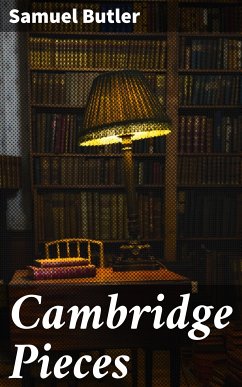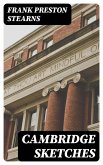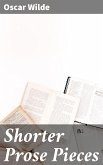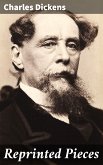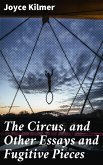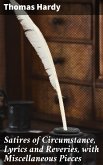In "Cambridge Pieces," Samuel Butler offers a remarkable exploration of Victorian society through the lenses of wit, satire, and keen observation. This collection of essays and sketches unveils the intricate dynamics of Cambridge University life, delving into the intellect, social practices, and cultural tensions of the time. Butler's prose exhibits a distinct literary style characterized by its sharp humor and a critical eye, which not only reveals his acute awareness of his surroundings but also situates his narrative within the broader context of the 19th-century literary cannon, drawing comparisons to contemporaries like George Eliot and Thomas Hardy. Samuel Butler, an unconventional thinker and resolute critic of societal norms, was profoundly influenced by his own experiences at Cambridge and his rich background in literature and philosophy. His experiences as a student and his eventual estrangement from academic orthodoxy allowed him to pen this work with an authentic voice, reflecting a blend of admiration for and skepticism towards the intellectual elite of his time. Butler'Äôs diverse career as a writer, artist, and even Anglican clergyman informs the depth and breadth of his insights into the life and ideology prevalent in Victorian England. "Cambridge Pieces" is a must-read for those interested in the intricate interplay between academia and society, as well as the nuances of cultural critique inherent in the Victorian era. Butler'Äôs vivid portrayals and astute commentary invite readers to reflect on the complexities of education, tradition, and critical thought, making it an essential addition to any literary scholar or enthusiast's collection.
Dieser Download kann aus rechtlichen Gründen nur mit Rechnungsadresse in A, B, BG, CY, CZ, D, DK, EW, E, FIN, F, GR, H, IRL, I, LT, L, LR, M, NL, PL, P, R, S, SLO, SK ausgeliefert werden.

